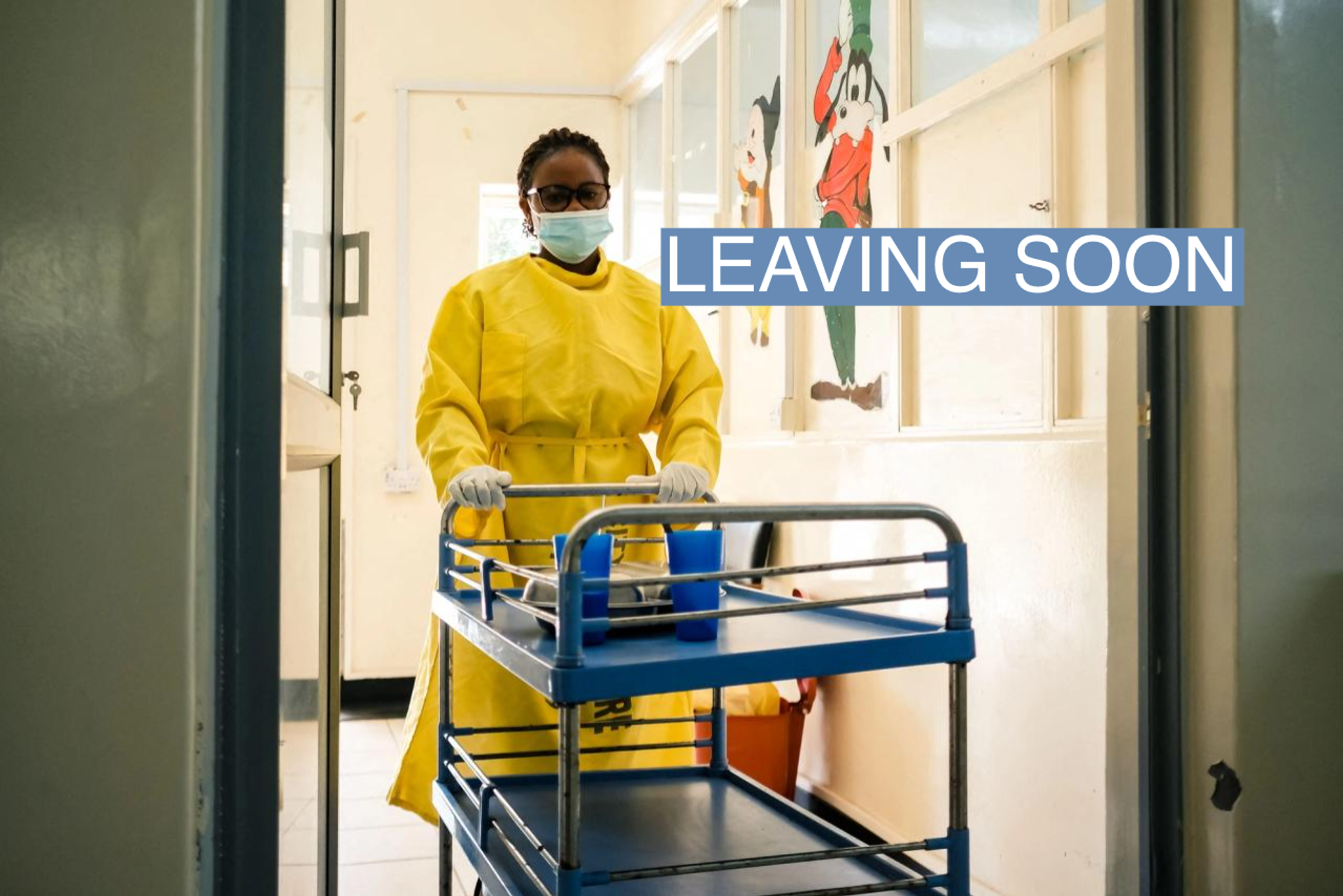The News
BULAWAYO, Zimbabwe — Young Zimbabweans are flocking to a seven-week nursing course that helps them get jobs overseas.
A surge in sign-ups for the $300 course over the last year has accelerated a two-decade trend in which thousands of health workers have left the country.
The course, which teaches first aid techniques and the principles of nursing, is offered at private centers nationwide by organizations including Zimbabwe Red Cross, St John’s Ambulance centers and universities. The qualification makes it easier and faster for participants to secure visas and jobs as care assistants in the UK, New Zealand and Australia.
It has been available for decades but was traditionally only taken by those with few formal qualifications. Red Cross and St John’s training centers now have a six-month waiting list, according to prospective students. Participants say people with qualifications including degrees now opt for the course as a fast route to move abroad.
The surge also follows a February 2022 change in the UK, one of the preferred destinations for Zimbabwean migrants, which opened up recruitment from overseas for care workers because of the COVID-19 pandemic. The number of Zimbabweans granted worker visas rose sharply to 8,363 in September 2022 from 499 in 2019, according to the UK Office of National Statistics.
But those who have leave are vulnerable to scammers. In February 2023, the British embassy in Harare warned Zimbabweans of recruitment agencies who have used “unethical” practices to deceive migrants who are then subjected to unfair labor conditions and ill-treatment. Job seekers, it said, must sign contracts indicating their salary, working hours and location and ensure that their employers abide by the terms of the agreements. Some British recruitment agencies are charging up to £10,000 ($12,000) for a bogus “sponsorship certificate” for candidates desperate to guarantee approval of their UK visa applications.
Daisy’s view
Young people have jumped on this course because it’s a quick and relatively cheap way to get out of the country. The terrible state of the economy means there are few opportunities at home, and the exodus is exacerbating the situation.
“There are no jobs in Zimbabwe,” Junior Dube, 19, a student taking the course at the Red Cross in Bulawayo, Zimbabwe’s second biggest city, told Semafor Africa.
Earlier this month, the World Health Organization added Zimbabwe to a list of 53 poorer countries including Rwanda, Zambia, and East Timor that continue to lose experienced health staff to more developed nations. WHO describes these countries’ health systems as vulnerable with a density of doctors, nurses and midwives below the global median of 49 per 10,000 people.
Zimbabwe has been through more than two decades of devastating economic conditions with hyperinflation, forex shortages, and rampant unemployment ravaging the country which has seen millions of workers leave the country. Some 40% of Zimbabweans live on under $2.15 a day, according to the World Bank.
Workers in the southern African country earn around $800 a month but can make at least three times as much in the UK.
The government estimates that the country has lost at least 4,000 doctors and nurses since 2021. That equates to around one in six Zimbabwean health workers. Most settled in the UK, Australia and South Africa. In a bid to stem the drift, President Emmerson Mnangagwa’s government in February imposed restrictions on applications for health workers intending to leave. They now must pay $300 for a certificate of good standing and a further $300 for an employment confirmation letter.
And in January it enacted a law to prohibit health workers from going on strike — a common occurrence — for more than three days, with penalties of up to six months in prison.
The measures are likely to slightly slow down the pace of migration but committed workers — of whom there are many, given the lucrative opportunities abroad — will bear the cost regardless.
Room for Disagreement
“The country’s health delivery system can benefit from the experience of the returnees gained while in the receiving countries,” Itai Rusike, executive director of the Harare-based Community Working Group on Health non-governmental organization told the local NewsDay newspaper.
The View From London
The UK’s largest trade union, UNISON, says workers from overseas play a vital role in keeping the country’s National Health Service (NHS) afloat.
“The NHS has too few staff to cope with the growing demands being made of it,” said Narmada Thiranagama, policy officer at UNISON. “Across England, there are 133,000 vacancies across all services and affecting all jobs. Services are stretched to breaking point — there are long waits for treatment and people calling 999 for an ambulance often have to wait many hours before one turns up. Without overseas health professionals, this intolerable situation would be a good deal worse.”
Notable
- Zimbabwe’s health system is “unable to deliver the most basic care,” according to Norman Nyazema, an academic specializing in health at South Africa’s University of Limpopo. Professor Nyazema, in The Conversation, argues that the problems have pushed many doctors and nurses to leave the country. “Those who stay are incapacitated. When they attempt to focus on providing basic care they appear to have no one to listen to them.”
*Correction: A previous version of this story referred to the International Committee of the Red Cross, it has been corrected to show it is Zimbabwe Red Cross.
